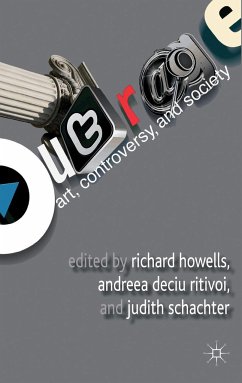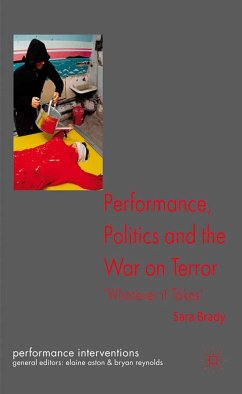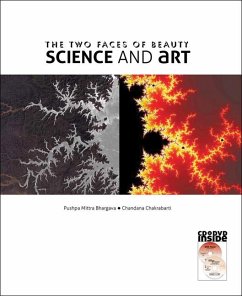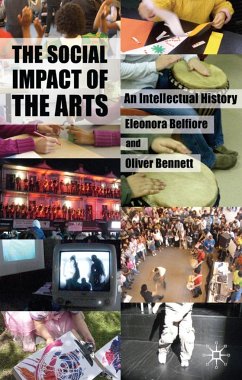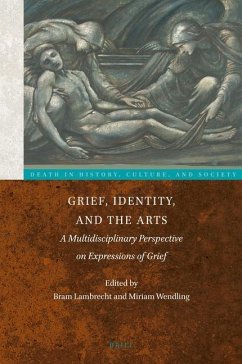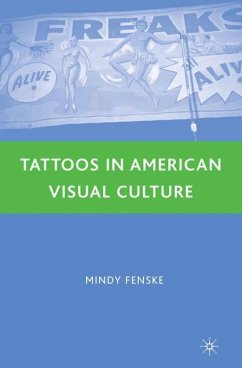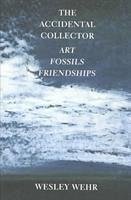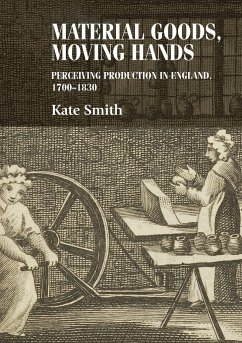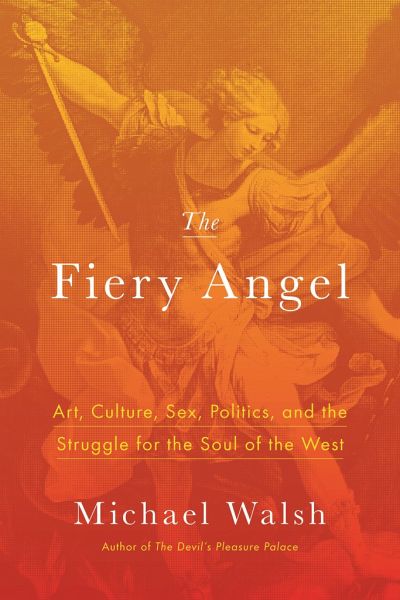
The Fiery Angel
Art, Culture, Sex, Politics, and the Struggle for the Soul of the West

PAYBACK Punkte
10 °P sammeln!
Without an understanding and appreciation of the culture we seek to preserve and protect, the defense of Western civilization is fundamentally futile; a culture that believes in nothing cannot defend itself, because it has nothing to defend. The past not only still has something to tell us, but it also has something that it must tell us. In this profound and wide-ranging historical survey, Michael Walsh illuminates the ways that the narrative and visual arts both reflect and affect the course of political history, outlining the way forward by arguing for the restoration of the Heroic Narrative...
Without an understanding and appreciation of the culture we seek to preserve and protect, the defense of Western civilization is fundamentally futile; a culture that believes in nothing cannot defend itself, because it has nothing to defend. The past not only still has something to tell us, but it also has something that it must tell us. In this profound and wide-ranging historical survey, Michael Walsh illuminates the ways that the narrative and visual arts both reflect and affect the course of political history, outlining the way forward by arguing for the restoration of the Heroic Narrative that forms the basis of all Western cultural and religious traditions. Let us listen, then, to the angels of our nature, for better and worse. They have much to tell us, if only we will listen.





